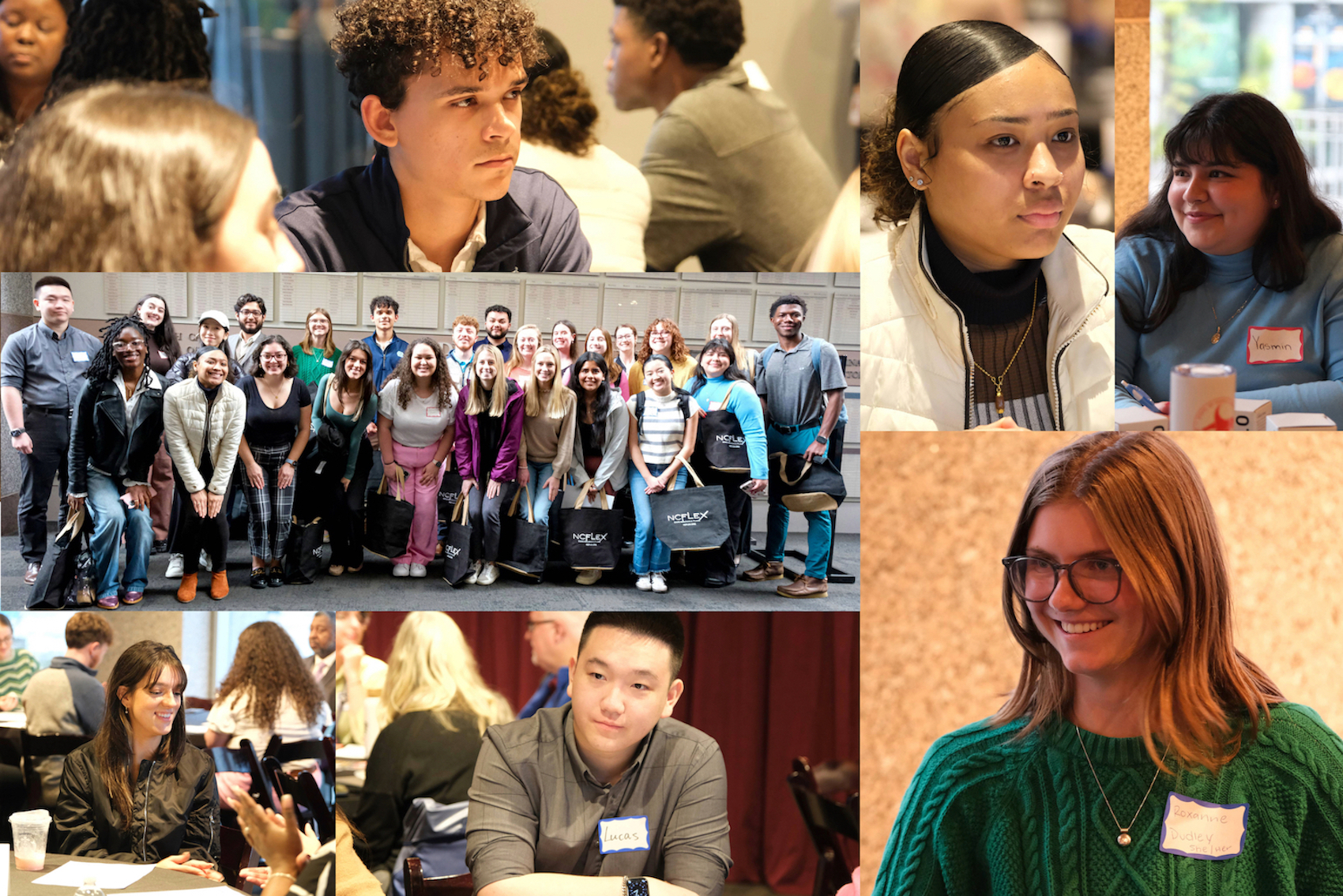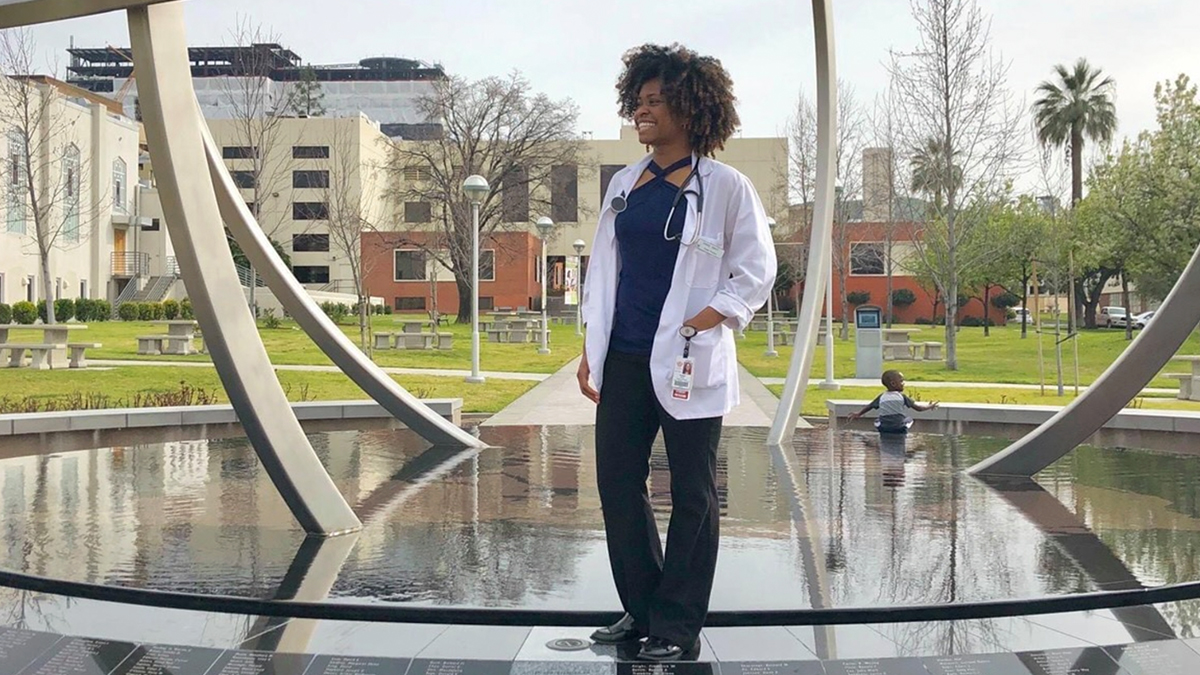Payton’s pal
Serving UNC Hospitals’ pediatric hematology-oncology patients, CPALS volunteers like Lindsay are matched with a patient “pal.” As they get to know their pals, they become support systems for the patients and their families.
No matter how Payton Lawson may be feeling, she wants to see her best friend.
“If all she’s felt like doing is sleeping, she’ll wake up for Lindsay,” laughs Payton’s mom, Tina, from Payton’s room at N.C. Children’s Hospital. “She asks, ‘When is my best friend coming?’ I’m not going to be the one to blame if Payton misses her.”
Fortunately, Lindsay is never too far away – and rarely is she too busy – to see Payton. A senior at UNC-Chapel Hill, Lindsay is president of Carolina Pediatric Attention, Love, and Support (CPALS), a university student volunteer organization. Serving UNC Hospitals’ pediatric hematology-oncology patients, CPALS volunteers like Lindsay are matched with a patient “pal.” As they get to know their pals, they become support systems for the patients and their families. The program has roughly 75 CPALS volunteers.

Four-year-old Payton Lawson smiles as her best friend and CPAL, Lindsay Cannon, paints her nails at N.C. Children’s Hospital.
Lindsay attests that being a CPALS volunteer isn’t easy, but not because of the time commitment.
“It can be hard, because you want them to feel better, and you can’t always make them feel better,” she says.
And with all she’s been through over the past two and a half years, Payton certainly deserves to feel better. She has been in and out of the hospital for nearly half her life, says her mom. Tina remembers the trouble began when Payton developed a rash a couple months after her second birthday in 2012. Multiple visits to emergency rooms and her pediatrician’s office led to misdiagnosis after misdiagnosis. First it was chicken pox. Then shingles. Payton was eventually admitted to a nearby community hospital, where specialists said she likely had Kawasaki disease.
“Finally, I’d had enough,” recalls Tina. “I said, ‘Send me to Chapel Hill, and I’m not leaving until she’s fixed.”
At UNC-Chapel Hill, doctors found Payton’s liver and spleen were enlarged, and her blood counts were low. After a week of tests, they ruled out cancer and diagnosed her condition as hemophagocytic lymphohistiocytosis (HLH), a rare blood disorder that is notoriously difficult to diagnose.
“It was a long road to UNC, but we’re very grateful that they figured it out, because I’ve known a lot of parents who have similar stories with outcomes much worse,” says Tina.
To keep reading this story, visit unchealthcare.org




